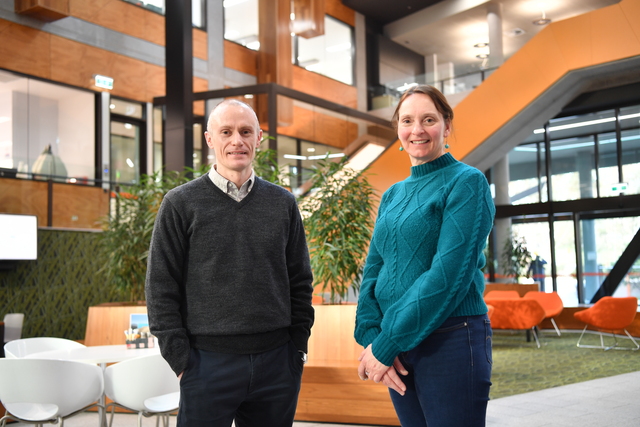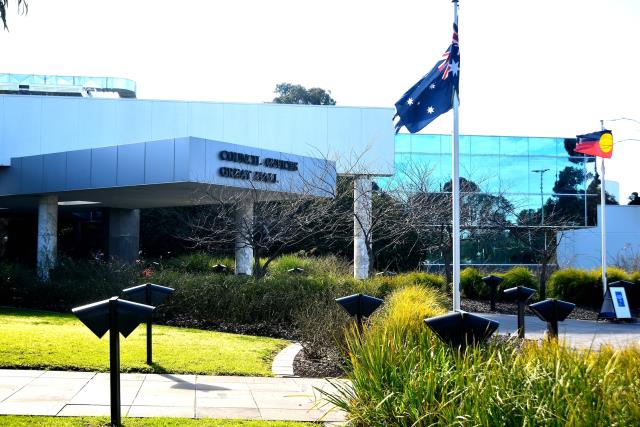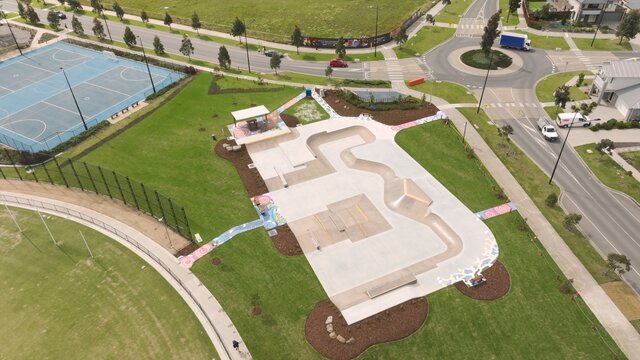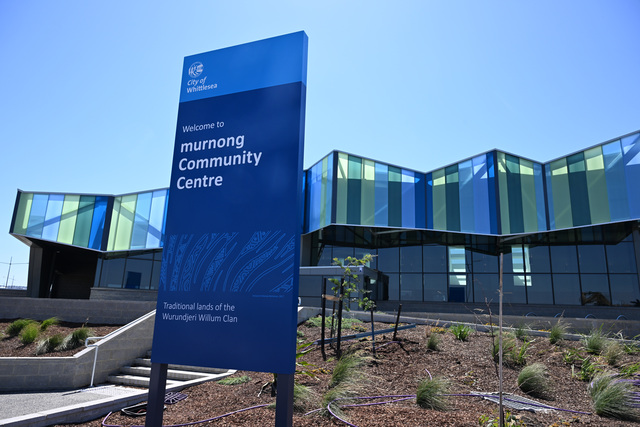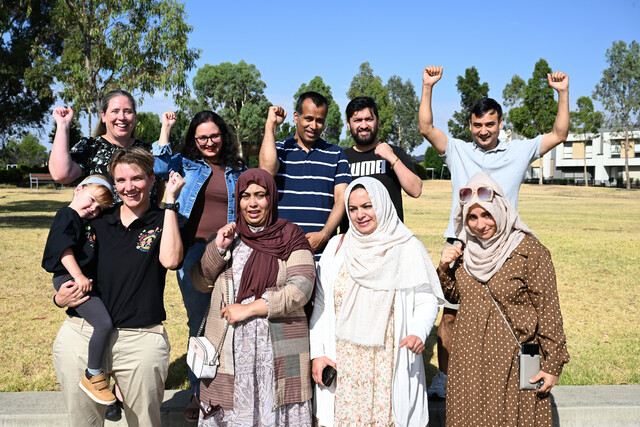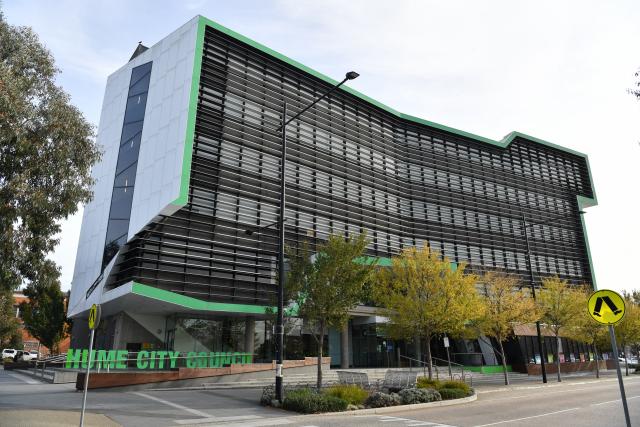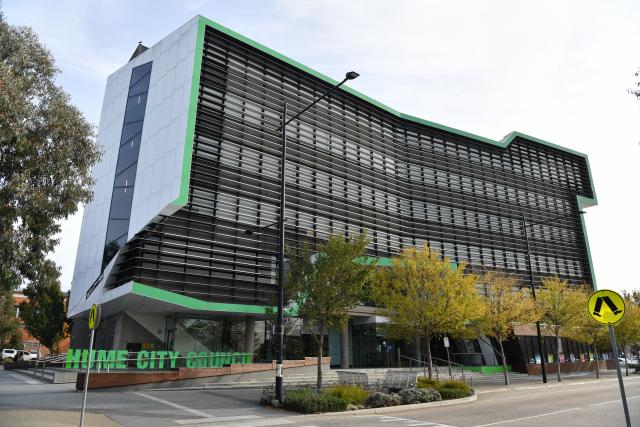A hub helping to improve the nation’s food security and find new uses for plant waste will be built at La Trobe University.
The university received a $5 million grant from the Australian Research Council (ARC) and $6.5 million from partner organisations, including industry, to help fund a $27.98 million ARC industrial transformation research hub for protected cropping (PC).
The research facility will be located at the La Trobe Institute for Sustainable Agriculture and Food (LISAF).
LISAF Director Tony Bacic said the Hub will transform the horticultural and medicinal agriculture industries in Australia.
“The food and medicinal crops industries are worth $100 billion annually but face significant yield and quality losses pre- and post-farmgate that can be ameliorated through protected cropping systems of growth,” Professor Bacic said.
“Our PC hub will work to remove climate and pest-related losses, leading the charge to show Australian growers the benefits of using protected cropping and sharing our breakthrough research with them.”
The protected cropping industry is worth $16.6 billion annually whilst also employing 10,000 people making it the the fastest-growing food-producing sector in Australia.
And according to Hort Innovation Australia, the $16.6 billion is set to rise by 6 per cent by the end of 2024.
Professor Bacic said the growth reflected the increasing environmental challenges like climate uncertainty.
“Australia is relatively new to protected cropping with only 14,000 hectares in Australia currently under protected cropping,” he said.
“If countries such as The Netherlands can become the world’s second-largest exporter of horticultural produce, imagine how Australia could increase its yield and not only look to developing food security for Australians but grow a strong fresh produce export industry.
“Protected cropping also reduces excess watering and fertilising of plants to make farming more efficient and cost effective, with reduced environmental damage.”
Max Westwood

